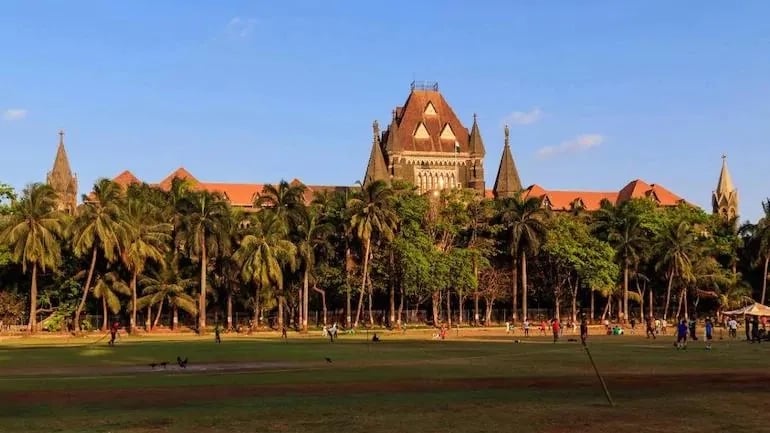The Bombay High Court has strongly criticised the practice of filing frivolous petitions to obstruct redevelopment projects, terming it a calculated tactic to delay progress. Dismissing a plea filed by 67-year-old tenant Khimjibhai Patadia, the court imposed an exemplary cost of Rs 5 lakh, hoping to deter such mischievous actions.
Patadia, a tenant since 1995, refused to vacate an 83-year-old bungalow in suburban Kandivali, claiming tenancy rights and alleging that the landlord was attempting to evict him by “hook or crook and by devious means.” His plea challenged a Brihanmumbai Municipal Corporation (BMC) Technical Advisory Committee (TAC) report that declared the structure, known as Bubna Bungalow, dilapidated and requiring demolition. The court noted that all other tenants had vacated, leaving Patadia as the sole occupant blocking redevelopment efforts.
A bench of Justices Ajey Gadkari and Kamal Khata observed: “The property in question is situated in a prime location in Mumbai and has huge monetary potential. The petitioner is well aware of this and is creating hurdles in the development of the suit property. There is absolutely no justification for the petitioner, as a tenant, to deprive the landlord of the legitimate fruits of redeveloping his property.”
Highlighting the growing trend of obstructionist behavior, the court remarked, “Filing petitions has increasingly become the quickest and cheapest method to stall redevelopment projects, with little or no downside for tenants. It is a calculated gamble at a meager expense.”
The court described such litigation as a “sophisticated form of extortion,” stating that “high-stake cases warrant high deterrent costs to discourage frivolous and mischievous petitions. Without such measures, the judicial process risks becoming a cheap tool for unscrupulous litigants seeking to exploit it for personal gain.”
Patadia had sought an independent structural audit to challenge the TAC report but failed to justify his claims. The court noted that delaying redevelopment imposes significant financial burdens on landlords and developers, often forcing them to capitulate under pressure.
“The logic behind resisting redevelopment is puzzling. No person, we believe, would prefer to remain in an old, dilapidated building willing to incur recurring maintenance costs every year, rather than opting for redevelopment,” the court said.
Concluding, the bench emphasised that courts cannot be used as tools to obstruct genuine redevelopment efforts, adding that such delays have sadly become routine in Mumbai’s high-stakes real estate landscape.
The bench said no court can be permitted to become a tool for tenants to obstruct the genuine redevelopment efforts of property owners.
It added that unfortunately cases like this where petitions are filed and projects are delayed have become routine.
